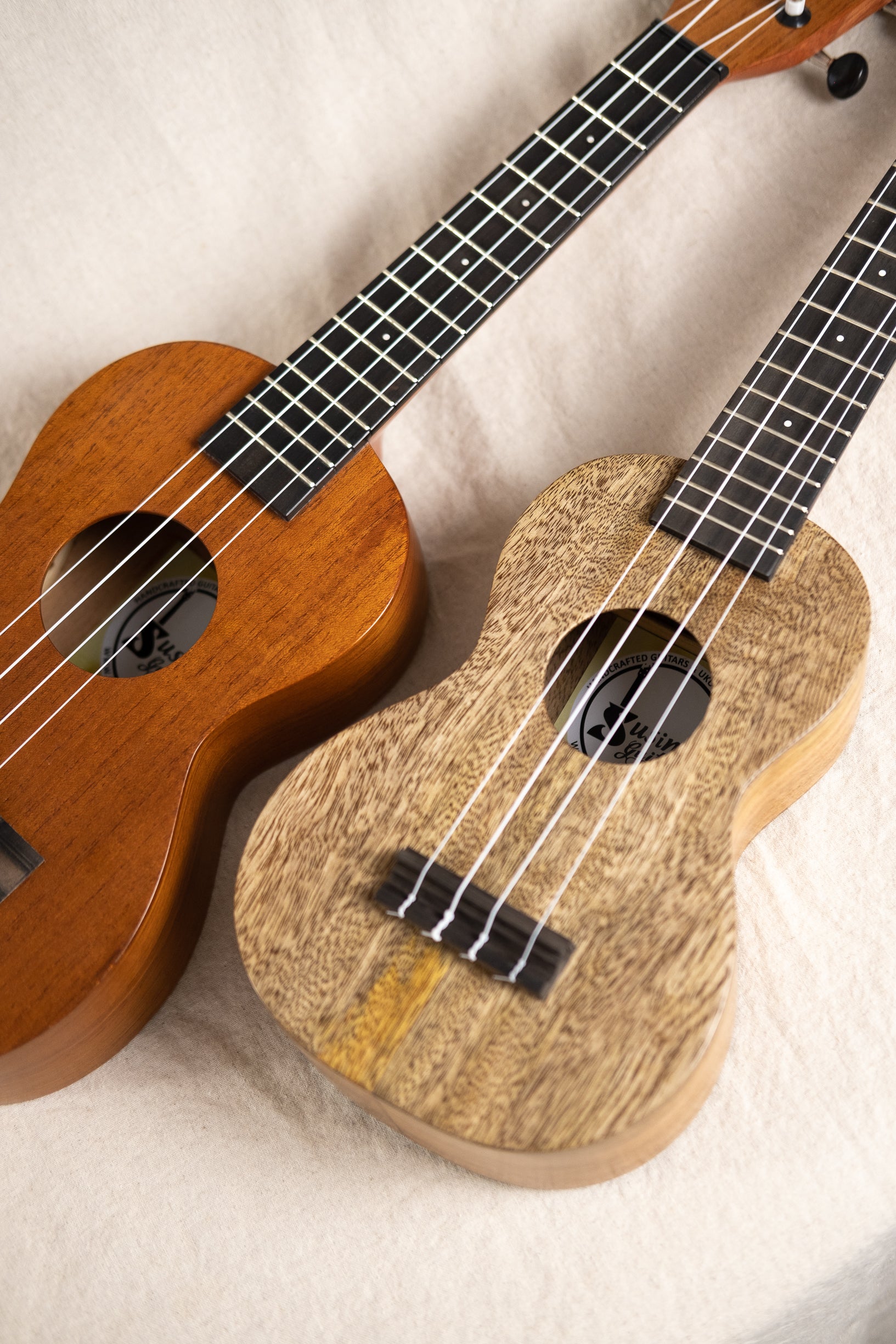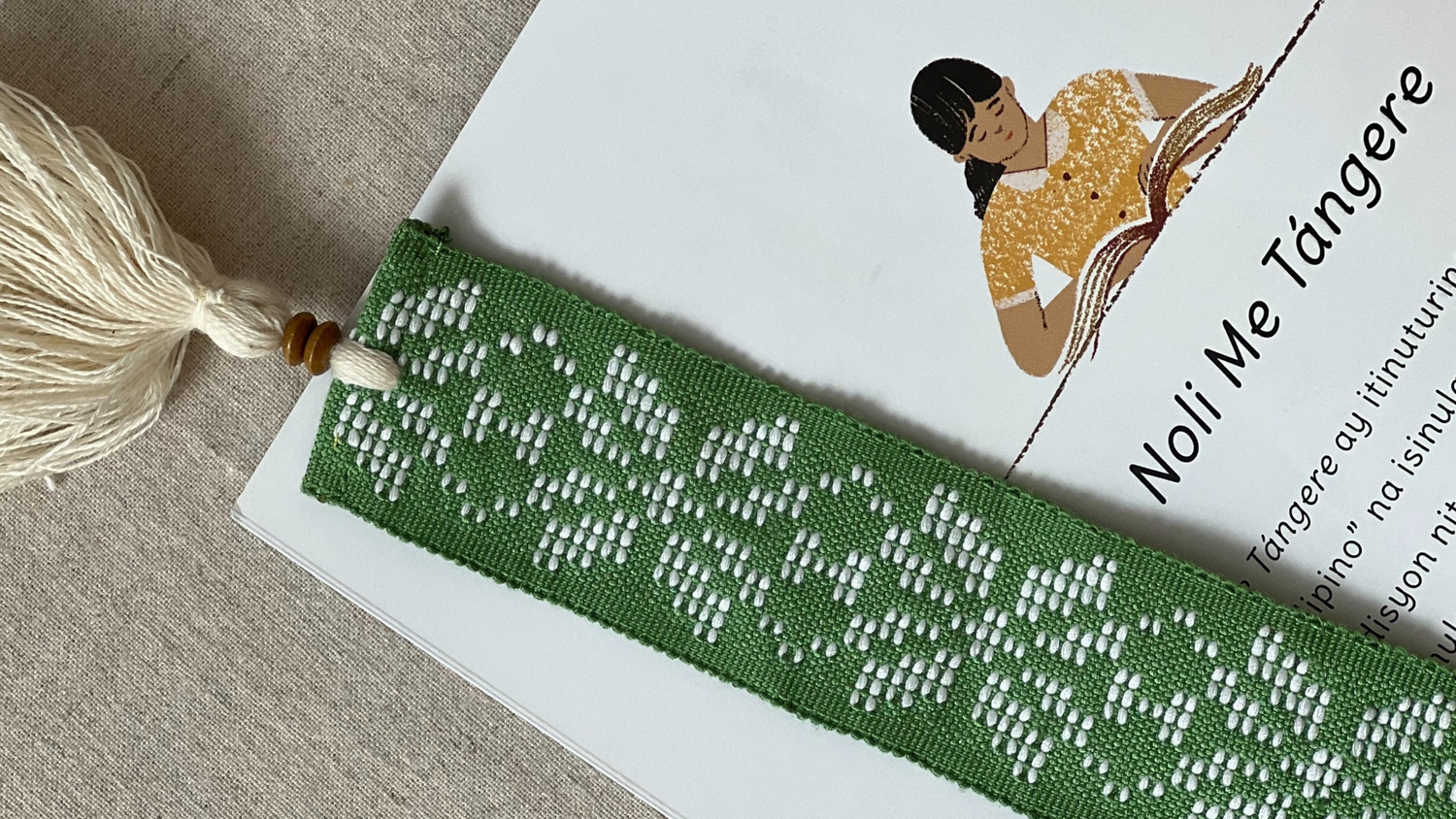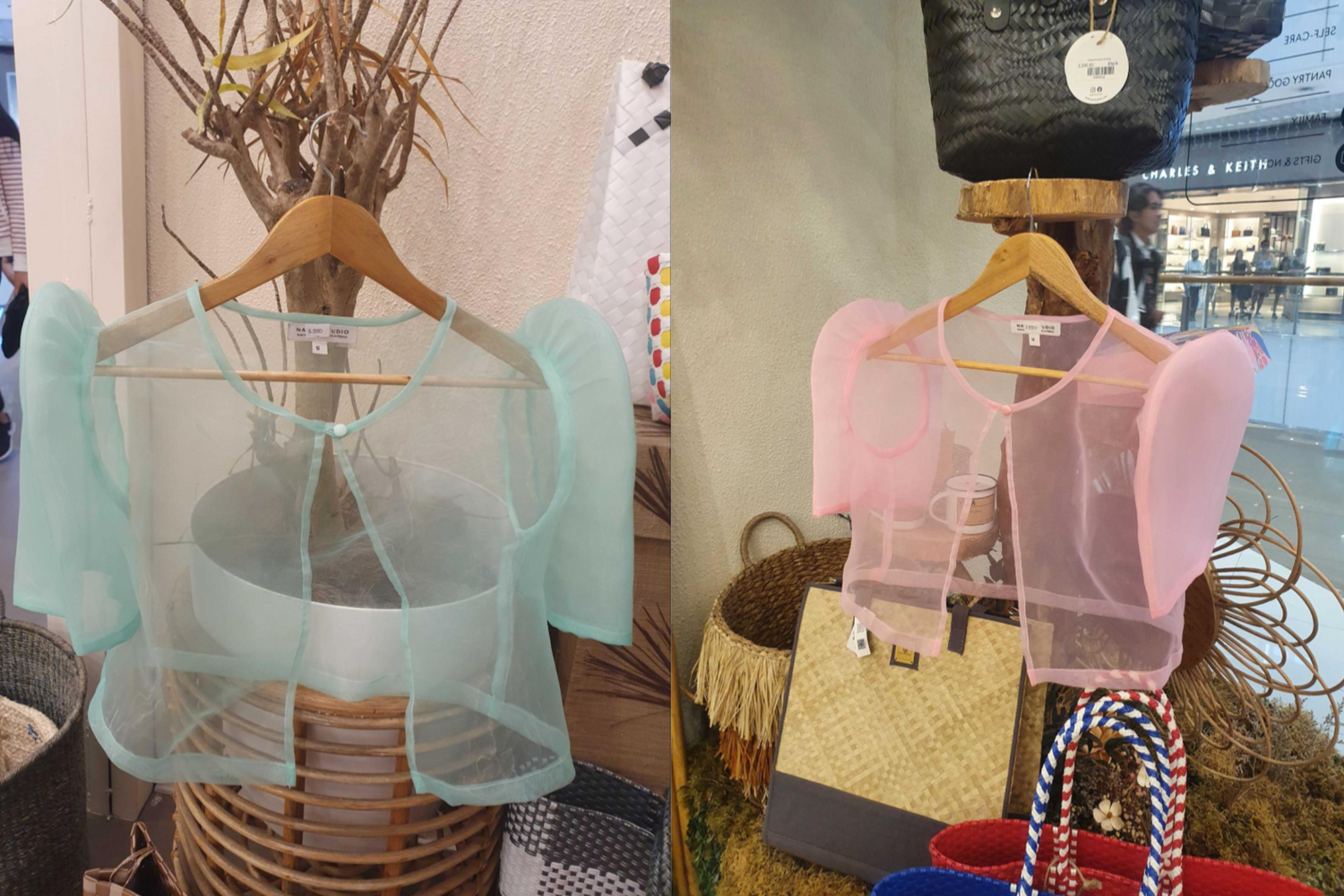The province of Cebu is situated in the Central Visayas region of the Philippines, a place known for its white-sand beaches, turquoise waters, and historical landmarks, all of which are visited by millions of travelers each year.
 Lapu-Lapu City, Philippines by Hitoshi Namura
Lapu-Lapu City, Philippines by Hitoshi Namura
The province is often referred to as “The Gateway to a Thousand Journeys,” a nickname that perfectly encapsulates the full range of things that have put Cebu on the map – from the world-renowned Sinulog Festival, its beautiful handwoven products, its rich cultural heritage, and its colorful history.
But besides their dazzling tropical getaways and mouth-watering cuisine, Cebuanos are also famous for their love of music. Unsurprisingly, this pure passion for music plays a crucial role in the province’s economy. Today, Cebu is also known by most Filipinos as the “Guitar Capital of the Philippines,” thanks to the thriving guitar-making industry found in Lapu-Lapu City. This bustling metropolitan, situated in the heart of Mactan Island, is filled to the brim with businesses and enterprises meticulously crafting these incredible instruments by hand, carving out designs and painting them in a wide array of bright colors.
Gitaras were first brought to the Philippines by the Spanish friars, who asked the city’s residents to repair and replicate the instruments once the strings were worn out. Naturally, the enterprising locals found a way to incorporate this knowledge with native hand-carving techniques, as well as their artistry and creative designs. Thus started one of the oldest industries in Cebu.
 Circa 1908, Cebu.
Circa 1908, Cebu.
This industry continues to flourish today, with many of the city’s manufacturers expanding to other string instruments, such as ukuleles and banjos. Their phenomenal craftsmanship is loved, not just by Filipinos, but also by the global market.
When walking down the streets of Lapu-Lapu City, though, there’s a huge chance that one will encounter beautifully-shaped guitars and ukuleles with the words “New Susing” emblazoned on their insides. This brand is perhaps one of the oldest and most well-known manufacturers on the island, their origins dating back to the post-war period when a merchant named Juanito Valiente Sr. started selling his handcrafted guitars from the store of his wife, Susing.
The couple’s business swiftly became a hit, popular with the American soldiers stationed at the nearby Mactan Airbase. Soon enough, Juanito was fashioning instruments customized according to the specifications given by the sailors and the airmen. His flexibility and excellent skills became known all over Southeast Asia and by the time the 1970s rolled around, New Susing instruments were being exported to various countries all over the world.

The New Susing brand of string instruments continues to be highly regarded in the Philippines; their compound in Mactan Island where their world-renowned luthiers toil away at their craft, working for hours in shady nipa huts, routinely draw in hundreds of people – locals and tourists alike. All of them are welcomed with open arms by Creselda Valiente-Bunagan, the current manager of the business and the grandchild of the founding couple.
Every single piece of instrument that carries the New Susing name is created using old-fashioned techniques, many of which were among those originally taught by the Spanish friars to the Filipinos. For instance, their guitars are built exclusively by one luthier, whose responsibilities encompass the entire manufacturing process. From the instrument’s conceptualization to its design, and from its making to the addition of its finishing touches – all these complex activities are overseen and done by one individual.

The creation of a single guitar takes between four to six weeks, which means that rigorous discipline, as well as a careful eye, are demanded from New Susing’s luthiers.

Shop Ukuleles
On the other hand, ukuleles are crafted differently; a unit’s various components are usually designed and built by various luthiers before being put together to be readied for shipping, with a generous application of varnish and a wood moisturizing concoction to give them a beautiful, one-of-a-kind finish that only instruments from New Susing can boast of.
However, the quality of the brand’s instruments isn’t merely due to the incredible skills and craftsmanship of their luthiers. New Susing prides itself on being one of the premier patrons of local materials; for instance, among the wood that they use are mahogany, mango, acacia, and ebony, while their inlays are made of either abalone or mother-of-pearl. The majority of their raw materials can be found in regions across the Philippines, but there are also some that need to be imported.
Tradition is crucial in the New Susing brand, imbued in every single facet of their operations; they have never had a female luthier, nor have they had a male varnisher. These roles may seem archaic but at the end of the day, tradition is what makes New Susing uniquely them.
From a determined man working day and night to provide high-quality guitars to his customers, the New Susing brand has grown into a sprawling factory in the Pajac district of Lapu-Lapu City, boasting of a great number of stringed instruments, each one beautifully created and designed. The walls of the shop next to the factory are lined with guitars, ukuleles, mandolins, and more in a broad spectrum of sizes and colors.
Amid a rapidly-changing landscape with instruments coming in from all over the world, those crafted by New Susing continue to hold a special place in the hearts of Filipinos everywhere. The sophisticated techniques and skills that their luthiers boast of have withstood the test of time – a source of pride for the entire Philippines.
View our collection of New Susing's instruments here.



 Lapu-Lapu City, Philippines by
Lapu-Lapu City, Philippines by  Circa 1908, Cebu.
Circa 1908, Cebu.



